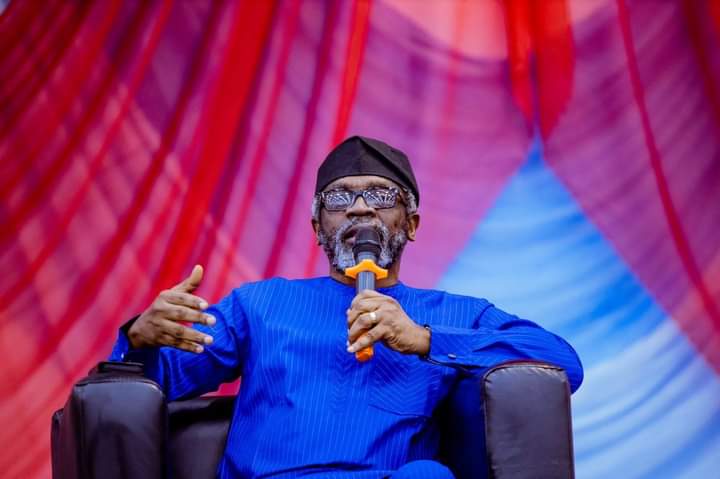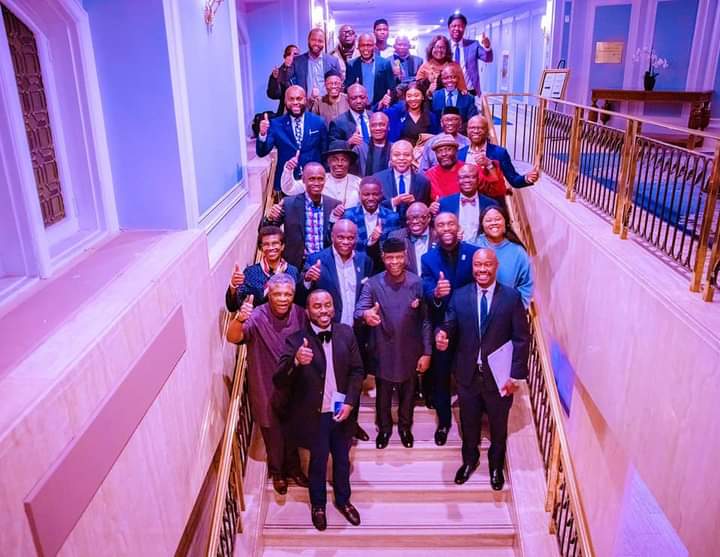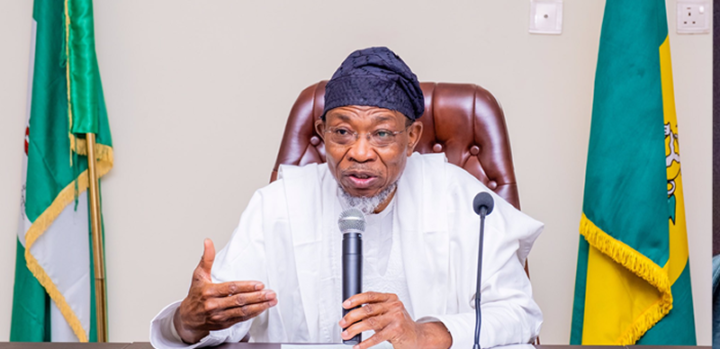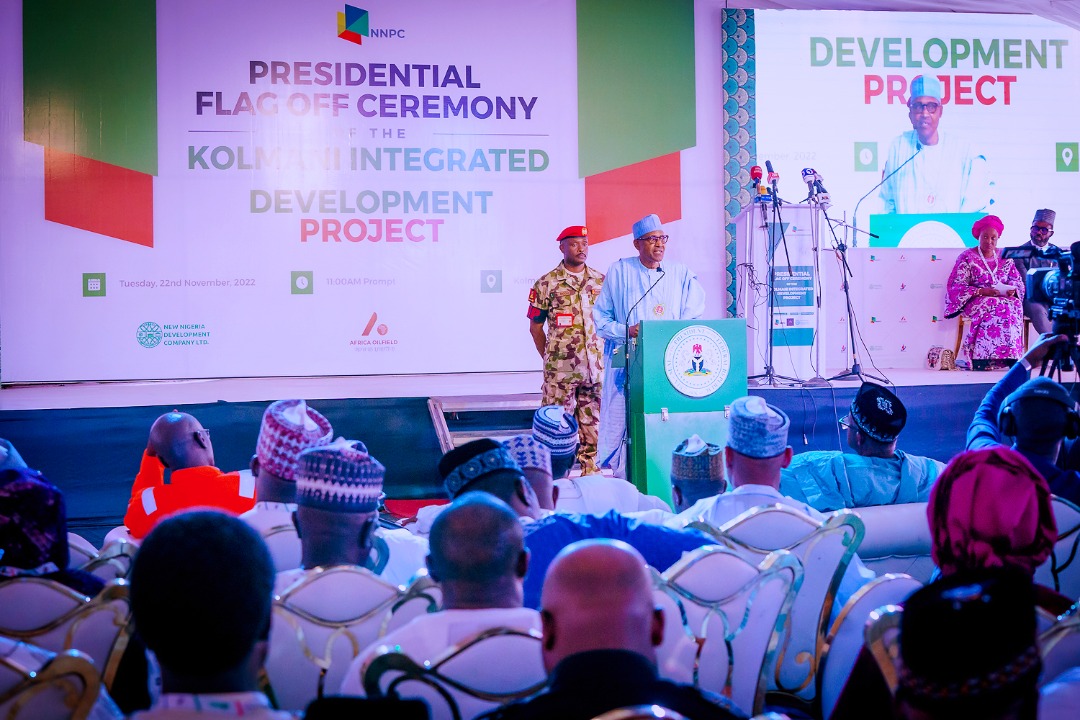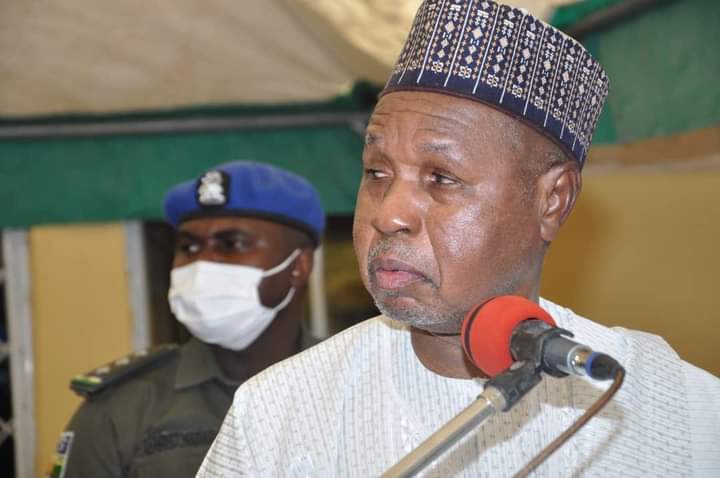Femi Gbajabiamila, speaker of the house of representatives, says Nigeria won’t survive if the youths cease to believe that they can achieve their dreams in the country.
Gbajabiamila spoke on Tuesday at the national summit on tertiary education reform organised by the house of representatives in Abuja.
The speaker said the nation’s “greatest” resource is the Nigerian youth who must be provided with the necessary tools needed to achieve their dreams.
“Our nation’s greatest resource is not the oil that flows through our deltas nor the abundant minerals that lie underground in every corner of our country. Our most incredible resource has always been the Nigerian people — this immense collection of tongues and tribes, bound together under one flag, striving through adversity and achieving despite every obstacle,” he said.
Advertisement
“As we are gathered here this morning, our cause is more than to seek solutions to the challenges of tertiary education in Nigeria. In fact, we are here today on a mission to save Nigeria.
“A just society cannot guarantee its citizens equal outcomes any more than a doctor can promise eternal good health. What we can, and must do, is ensure all our citizens are afforded equal opportunities to succeed or fail on their own.
“For Nigeria to reach its potential and achieve the greatness we are capable of, we must invest in our people. We must build ladders of opportunity that allow our citizens to scale great heights and achieve their best dreams.
Advertisement
“In this generation, social, economic and political development is, and will continue to be powered by advancements in information and communication technologies.
“We must provide the resources to modernise and improve our education infrastructure and provide the right training for young people from primary through tertiary education. This goes to the heart of our survival as a nation and as a people.
“I say that because I believe our country will not survive long if our children cease to believe their best dreams are possible here.”
The speaker lamented that there was a time when tertiary institutions in the country were “centres of excellence” compared to other best institutions across the world, but “that time is no more”.
Advertisement
He said the education sector used to be functional, in that students admitted to the university knew the dates of their graduation on their matriculation day, adding that the country needs to return to that era.
“And it once was that a career in academia guaranteed stable employment and an honourable quality of life. For the most part, all of these now exist as memories of a distant past. But it really wasn’t so long ago,” he said.
“I do not speak of these things to mourn the past or dwell in the memory of what was. I speak from a place of hope that by reminding ourselves of what was, we might be inspired to embrace the possibility of all that could be if we make the right choices now.”
Gbajabiamila explained that the summit shows the commitment of the current house of representatives to engender a national conversation to consider bold ideas and radical innovations to restructure and reform public tertiary education in Nigeria.
Advertisement
He said the summit will proffer recommendations on how to tackle the challenges in the nation’s education sector.
“As part of this summit, we published a call for papers requesting scholars, tertiary education administrators, and local and international stakeholders to make submissions on the theme of the summit, ‘Reimagining Tertiary Education in Nigeria: Issues, Challenges and Solutions’ and other designated sub-themes,” he said.
Advertisement
“By this morning, we had received over a thousand such submissions, including from outside the country. A technical team has been appointed to collate and review these submissions.”
He added that the conversations and submissions that will be received will form the “basis of a policy action plan and implementation framework we will unveil shortly after the conclusion of the summit”.
Advertisement
Add a comment
